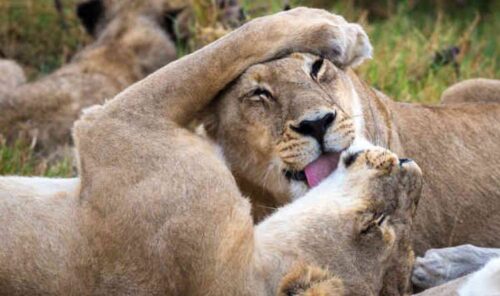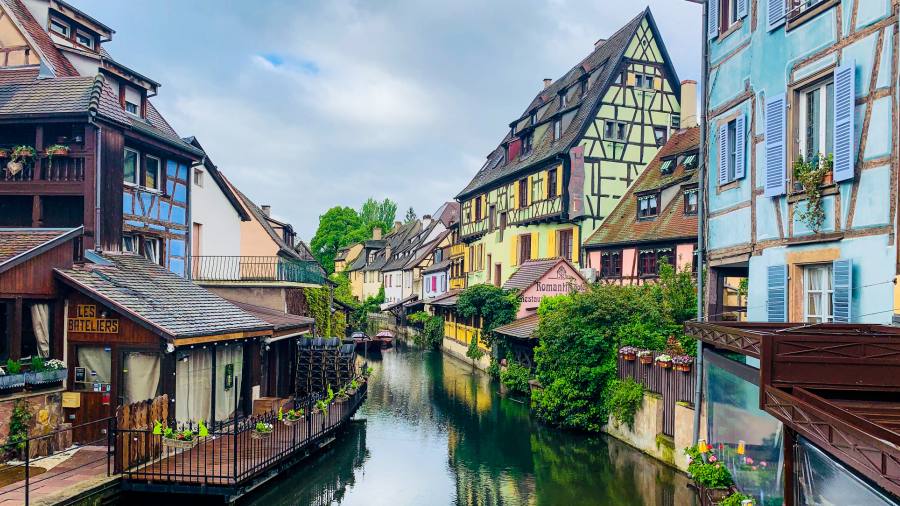Global Travel News
Wilderness Safaris Pledges Commitment to Lion Recovery Fund

Africa’s lion population has halved in the past 25 years, and the species is now officially classified by the IUCN Red List of Threatened Species as Vulnerable, with the West African subspecies Critically Endangered. Habitat loss and fragmentation, illegal wildlife trade, bushmeat poaching and human-lion conflict continue to threaten lions across Africa. Yet lions are a resilient species and a turnaround is still possible if these key issues are addressed.
As apex predators, lions are regarded by scientists as an ‘umbrella’ species; if a lion population is thriving, it means the entire ecosystem around it is functioning effectively. ‘Conserving wild lions is therefore synonymous with conserving Africa’s savannah wilderness’, commented Dr Peter Lindsey, Director of the Lion Recovery Fund (LRF). ‘With a unique ability to inspire a passionate audience of travellers about the threats facing lions and how they can help, coupled with the strong economic incentives for conservation that the industry creates, Africa’s ecotourism industry can play a pivotal role in bringing the species back’.
‘As a founding partner of the Lionscape Coalition, we are proud to be working with our conservation tourism partners to make annual philanthropic investments into the LRF. In this way, we are not only supporting lion conservation projects in our regions, but looking past our own business imperatives and collaborating with each other to help support initiatives beyond the boundaries of our direct areas of operation – especially where lions are Critically Endangered’, noted Derek de la Harpe, Wilderness Chief Risk Management and Corporate Affairs Officer.
The LRF’s stated vision is to double wild lion numbers by 2050. By engaging guests before, during and after their safaris, about the threats and opportunities for lion conservation, Lionscape Coalition members aim to generate additional funding in support of the LRF’s goals, with 100% of all donations received channelled directly to projects on the ground.
The strategy of this dedicated initiative focuses on three critical aspects: expanding conservation coverage by increasing the extent and effectiveness of the management of ‘lionscapes’ across Africa; the building of public, political, and philanthropic will, creating a collective intent across the spheres of governments, non-profit organisations, philanthropists and the general public; and the upscaling of funding available for the conservation of lions and their landscapes.
Impactful safaris in Africa are intrinsically linked to the health of the continent’s iconic wildlife populations and their captivating landscapes. As an undisputed favourite for guests, losing lions will not only have dire ecological consequences, but will jeopardise the tourism industry itself, the jobs it creates and the many national economies to which it makes such an important contribution. The Lionscape Coalition shares the LRF’s bold vision to double the number of wild lions in Africa.












 Must Try Foods
Must Try Foods
 Gastronomy Cities
Gastronomy Cities
 Chef's Talk
Chef's Talk